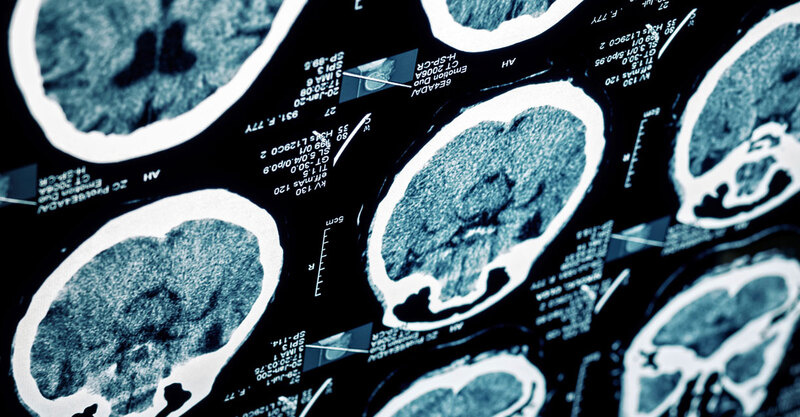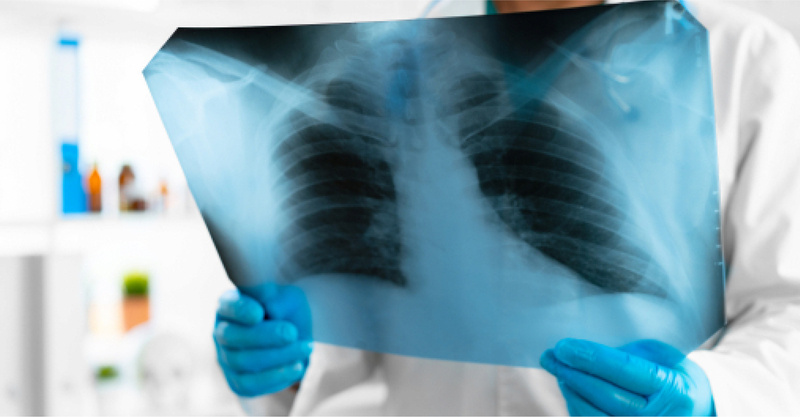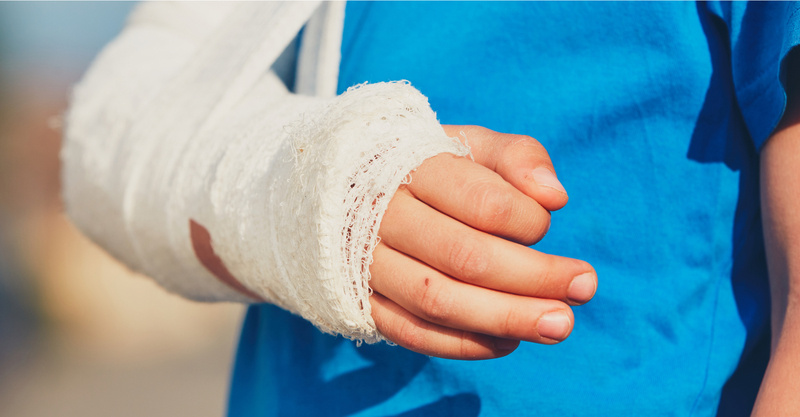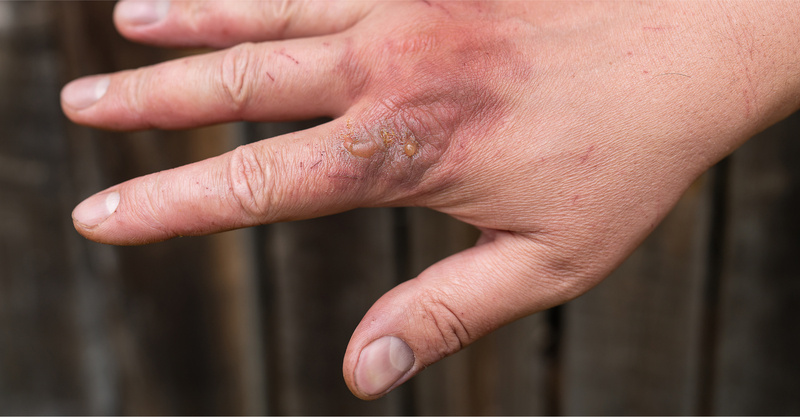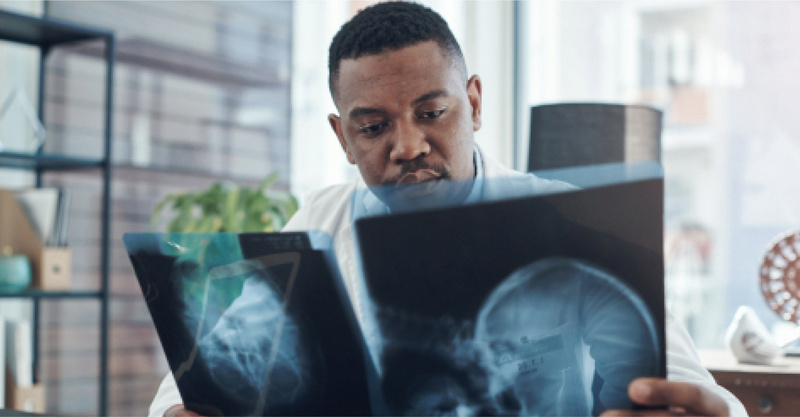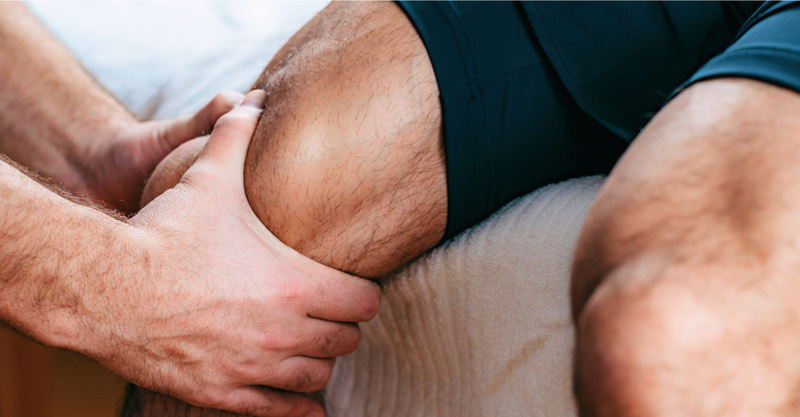Key Points
- Orthopedic urgent care clinics specialize in musculoskeletal injuries and conditions, providing specialized care and diagnostic testing.
- Signs of orthopedic injuries include severe pain, swelling, inability to move a limb, and deformities in the affected area.
- Orthopedic urgent care is suitable for fractures, dislocations, sprains, strains, trampoline injuries, sports injuries, and work-related injuries.
- Delaying treatment for orthopedic injuries can lead to complications, making orthopedic urgent care a crucial resource for prompt and effective care.
Some urgent care clinics may have orthopedic capabilities and can provide treatment for injuries and conditions that involve your bones. In some cases, these urgent care clinics can help you get the care you need without having to wait for an appointment with a specialist.
Orthopedic urgent care centers are urgent care clinics that specialize in orthopedic care, according to Geisinger.org. They usually have specially trained medical providers and diagnostic equipment like xray machines. Their primary focus is on the diagnosis and treatment of musculoskeletal injuries and conditions that affect the bones and joints. Whether you're dealing with a broken bone, a sprained joint, or a chronic condition like arthritis, orthopedic urgent care can provide the care you need to get back on your feet. With shorter wait times and more flexible scheduling than traditional orthopedic clinics, urgent care can be a convenient and effective option for many patients.
Signs and Symptoms of an Orthopedic Injury
When it comes to orthopedic conditions and injuries, it can be difficult to know when to go to urgent care versus waiting to see a primary care specialist or going to an emergency room. According to the Mayo Clinic, the following are some signs and symptoms that generally indicate they need to see an urgent care provider:
- Severe pain (especially if accompanied by swelling, redness, or warmth)
- Swelling and bruising
- Unable to move limb or joint
- Deformed or misaligned bone
- Unable to bear weight
Remember that if you're experiencing any of these signs or symptoms, it's important to have an orthopedic evaluation as soon as possible, recommends the Mayo Clinic. Delaying treatment can lead to further complications and may make it more difficult to treat the underlying issue. Orthopedic urgent care clinics are a quick way to get seen by a medical provider who is trained in orthopedic injuries.
When to go to Seek Urgent Care for Orthopedic Injuries
There are several common orthopedic injuries, according to the Center for Orthopedic Surgery. Below we outline each of the common injuries, and the Mayo Clinic’s recommendations for each:
Fractures
A fracture is a medical term for a broken bone. According to the Mayo Clinic, fractures can occur due to a fall, an impact (such as a car accident or being hit by a hard object), or a sudden twisting motion. Symptoms of a fracture can include:
- Pain
- Swelling
- Difficulty moving the affected area
The Mayo Clinic notes that fractures can be serious, even if they appear minor. You should seek medical attention as soon as possible if you have symptoms of a fracture. Orthopedic urgent care can be a great choice for most fractures. If your fraction is an “open fracture” (meaning you can see a portion of bone or muscle) the Mayo Clinic advises that you go to the emergency room.
Dislocations
A dislocation occurs when a joint is forced out of its normal position, according to the Mayo Clinic. This can happen due to a fall, an impact, or a sudden twisting motion. Symptoms of dislocation include:
- Pain
- Swelling
- Deformity of the affected joint
- Unable to move the affected joint or limb
If you suspect that you have a dislocation, the Mayo Clinic advises that you get medical attention as soon as possible. Orthopedic urgent care can be a great choice for most dislocations.
Sprains and Strains
According to the Mayo Clinic, a sprain is a term used to describe an injury to a ligament (which connects bones to each other at a joint), whereas a strain is an injury to a muscle or tendon (which connects muscles to bones).
Both sprains and strains can occur due to overuse, sudden twisting or bending, or a fall. Symptoms of a sprain or strain commonly include:
- Pain
- Swelling
- Difficulty moving the affected area
If you suspect that you have a sprain or strain, getting medical attention can help alleviate pain and promote healing. Since sprains and strains are not usually considered an emergency, according to the Mayo Clinic, going to orthopedic urgent care is a great choice. You may even opt to try some home remedies first. The Mayo Clinic recommends:
- Resting the affected joint
- Using ice on the affected joint to help reduce swelling
- Using a compression bandage on the affected joint to help relieve pain
- Elevating the affected joint to help promote healing
In many cases, strains and sprains can heal on their own according to the Mayo Clinic. However, if you are experiencing symptoms for more than a few days, they recommend that you see a medical provider.
Trampoline Injuries
Trampoline injuries have become a growing concern in recent years, according to the Mayo Clinic. Despite the fun and exhilaration they offer, trampolines pose significant risks, particularly for children. Common trampoline injuries include:
- Sprains
- Fractures
- Dislocations
- Head injuries
Jumping too high or landing improperly can lead to twisted ankles or broken bones, while collisions with other jumpers can result in dislocations or concussions, the Mayo Clinic notes. Even though trampoline injuries can have serious consequences, many people continue to use them. If you decide to use a trampoline, it is important to follow all safety guidelines that are outlined in the owner’s manual. You should also have a responsible adult present to minimize the risk of injury and promote a safe trampolining experience for everyone involved.
Sports Injuries
Sports injuries can range from minor sprains and strains to more serious injuries such as fractures and dislocations. The Mayo Clinic notes that it is important to get a sports physical before participating in any sport, to make sure you are healthy and fit enough to play. If you do experience an injury while playing, you should seek medical attention as soon as possible to ensure you do not have a serious injury.
Work-Related Injuries
Work-related injuries can occur due to overuse, repetitive motion, or sudden accidents. If you experience an injury at work, it is a good idea to be checked out by a medical provider, recommends the Mayo Clinic. It is also important to report the injury to your employer so they can take the necessary steps to help you heal and recover.
Getting Care for Orthopedic Injuries
If you experience a severe injury (such as a broken bone or dislocation), you should get medical attention right away, according to the Mayo Clinic. These injuries can cause significant pain and swelling and may require urgent treatment to prevent further damage and ensure proper healing. In many cases, orthopedic urgent care is appropriate, however, the Mayo Clinic notes that if you are unable to move the affected area, or you have severe bleeding, numbness, or tingling, you should consider going to the emergency room or calling 911.
The Importance of Same-Day Care
For serious injuries, like fractures and dislocations, same-day care is vital for proper healing and to help reduce your recovery time, according to the Mayo Clinic. If you are unable to find orthopedic urgent care in your location, you can go to a regular urgent care or emergency room for treatment.
Delaying Care for Minor Injuries
Minor injuries, such as sprains or strains, can often be treated at home, according to the Mayo Clinic. They recommend using the RICE acronym for remembering how to treat minor springs or strains (Rest, Ice, Compression, Elevate). If your symptoms do not improve after a few days of at-home care, or if you have concerns about your injury, you should seek care from a medical provider. Delaying care for injuries (even minor injuries) can lead to chronic pain or long-term damage, according to the Mayo Clinic.
Remember, if you are unsure about the severity of your injury or condition, it is always better to err on the side of caution and seek medical attention, recommends the Mayo Clinic. Orthopedic urgent care clinics are an excellent resource for timely and effective treatment, so don't hesitate to seek care when you need it.
Benefits of Orthopedic Urgent Care
When you have an orthopedic-related injury or condition, the time in which you get medical care can be important for your recovery. Orthopedic urgent care centers are designed to offer fast treatment to patients with musculoskeletal injuries and conditions that affect the musculoskeletal system.
Most urgent care clinics have shorter wait times, according to the Urgent Care Association. These shorter wait times help make sure you get the care you need quickly and efficiently.
Specialized Care From Orthopedic Experts
Orthopedic urgent care centers are staffed with medical providers who have specialized training in orthopedics. These expert staff members allow orthopedic clinics to offer specialized treatment options that may not be available at regular urgent care clinics.
Less Expensive Than Emergency Rooms
Most urgent care clinics (including orthopedic urgent care clinics) are a more affordable option when compared to emergency rooms, according to Debt.org. Additionally, many insurance plans cover urgent care visits, which can help reduce your out-of-pocket costs.
Insurance Coverage for Orthopedic Care
As stated, many urgent care clinics accept insurance. However, this can vary widely, depending on your location and your insurance provider. If you’re wondering if your local orthopedic urgent care accepts your insurance, you can give them a call before going in. The staff can help you understand your financial responsibility and payment options.
Understanding Orthopedic Injuries
If you or someone you know has an orthopedic injury, you may have questions about getting diagnosed, treatments, and how to prevent similar situations from happening again.
Anatomy and Physiology
Understanding the anatomy (parts of the human body) and physiology (how the parts work) can help you better understand your injury or condition.
Orthopedic urgent care providers can explain the specific structures involved and how they contribute to your symptoms. For example, if you have a knee injury, you may learn about the ligaments, tendons, and cartilage that make up the knee joint. Understanding information like anatomy and physiology can help you make informed decisions about your treatment plan.
Orthopedic Medical Terminology
Medical terminology can be confusing, but understanding the terms used to describe your injury or condition can help you make informed decisions about your healthcare. Orthopedic urgent care providers can explain medical terms and abbreviations in a way that is easy to understand. This can also help you communicate with your healthcare team and better understand your diagnosis and treatment plan. Remember to ask for clarification if you don’t fully understand something.
Xrays and Other Diagnostic Tests
Orthopedic urgent care providers may use testing to help diagnose your injury or condition. These tests may include X-rays, MRIs, or CT scans. The results of these tests can help your provider determine the best course of treatment for you. If you are concerned about any of the tests, ask your urgent care provider to explain why they are ordering the test and what to expect during the test.
Orthopedic Treatment Options
There are a variety of treatment options for orthopedic injuries and conditions that involve orthopedics. According to the Center of Orthopedic Surgery, treatment options may include:
- Medication
- Immobilization of an injured limb
- Physical therapy
- Surgery
Treatment depends on the type and severity of your injury or condition. Your provider can explain the benefits and risks of each option and help you make an informed decision about your treatment plan.
Orthopedic Rehabilitation
Rehabilitation is an important part of the recovery process for many injuries and conditions. Orthopedic urgent care providers can provide guidance on exercises and activities to help you regain strength and mobility. They can also refer you to physical therapy or other rehabilitation services if needed.
Preventing Orthopedic Injuries
If you are recovering from an orthopedic injury, your urgent care provider can explain how to prevent future injuries or further injury to your existing injury. These recommendations may include things like stretches, exercise, using proper form, and wearing protective gear.
Recap of When to Go to Orthopedic Urgent Care
Injuries and conditions that require orthopedic urgent care can happen at any time. It is important to know when to seek care to ensure that you receive prompt treatment and prevent further damage. Here is a quick recap of when you should go to urgent care, according to the Mayo Clinic and the Center of Orthopedic Surgery:
- If you experience severe pain or swelling in a joint or muscle
- If you think you have a broken bone or dislocated joint
- If you sustained an injury while playing a sport, working a job, or during a car accident
- If you have new weakness or numbness in a limb, especially after an injury
- You have severe bleeding or trouble breathing
Remember, if you are ever unsure whether your injury or condition requires urgent care, it is always better to err on the side of caution and seek medical attention.
Final Thoughts on Orthopedic Urgent Care
It can be easy to brush off an injury and assume that it will heal on its own. However, delaying treatment can lead to more serious complications and longer recovery times, according to the Mayo Clinic. When it comes to orthopedic-related injuries, seeking out orthopedic urgent care has many benefits, including:
- Specialized care
- Diagnostic testing capabilities
- Ability to refer you to specialists, including surgeons and physical therapists
Orthopedic urgent care is designed to offer accessible and affordable care, so you can get the care you need and get back to your life faster. Find one near you by searching Solv.
Frequently asked questions
What is an orthopedic urgent care clinic?
An orthopedic urgent care clinic is an urgent care facility that specializes in orthopedic care. They have specially trained medical providers and diagnostic equipment like x-ray machines. Their primary focus is on the diagnosis and treatment of musculoskeletal injuries and conditions that affect the bones and joints.What are some signs and symptoms that indicate the need to visit an orthopedic urgent care clinic?
Signs and symptoms that generally indicate the need to see an urgent care provider include severe pain (especially if accompanied by swelling, redness, or warmth), swelling and bruising, inability to move a limb or joint, deformed or misaligned bone, and inability to bear weight.What are some common orthopedic injuries?
Common orthopedic injuries include fractures, dislocations, sprains and strains, trampoline injuries, sports injuries, and work-related injuries.What is the difference between a sprain and a strain?
A sprain is an injury to a ligament, which connects bones to each other at a joint. A strain is an injury to a muscle or tendon, which connects muscles to bones.When should I seek medical attention for a fracture?
You should seek medical attention as soon as possible if you have symptoms of a fracture, which can include pain, swelling, and difficulty moving the affected area. If your fracture is an “open fracture” (meaning you can see a portion of bone or muscle), you should go to the emergency room.What are the benefits of going to an orthopedic urgent care clinic?
Orthopedic urgent care clinics offer fast treatment to patients with musculoskeletal injuries and conditions. They usually have shorter wait times than traditional orthopedic clinics and are staffed with medical providers who have specialized training in orthopedics. They are also generally less expensive than emergency rooms.Will my insurance cover a visit to an orthopedic urgent care clinic?
Many urgent care clinics accept insurance, but this can vary depending on your location and your insurance provider. It's best to call your local orthopedic urgent care clinic before going in to understand your financial responsibility and payment options.What can I do to prevent orthopedic injuries?
Your urgent care provider can explain how to prevent future injuries or further injury to your existing injury. These recommendations may include things like stretches, exercise, using proper form, and wearing protective gear.
Solv has strict sourcing guidelines and relies on peer-reviewed studies, academic research institutions, and medical associations. We avoid using tertiary references.

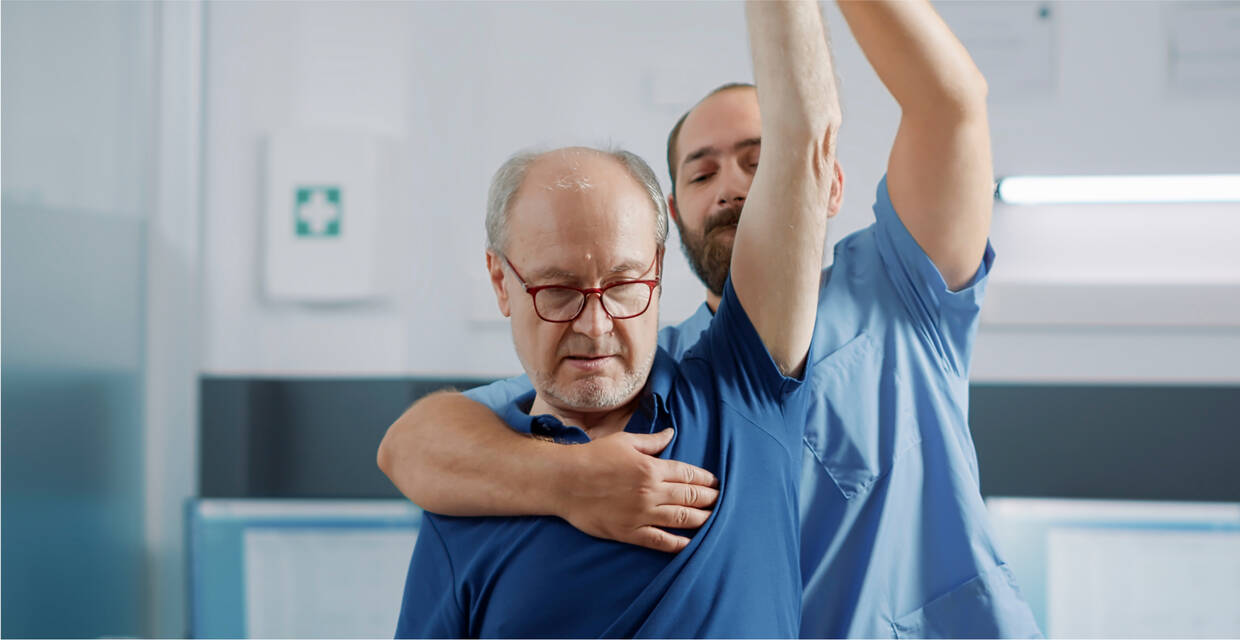
 LinkedIn
LinkedIn

